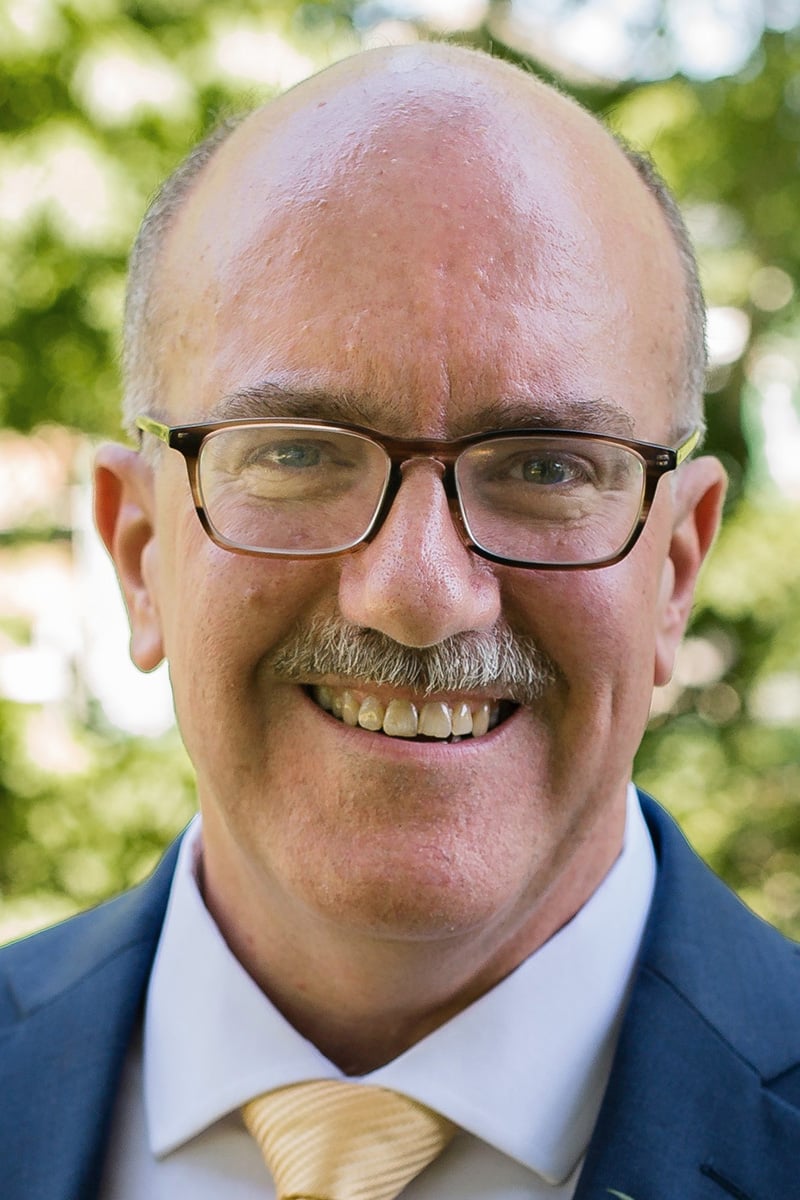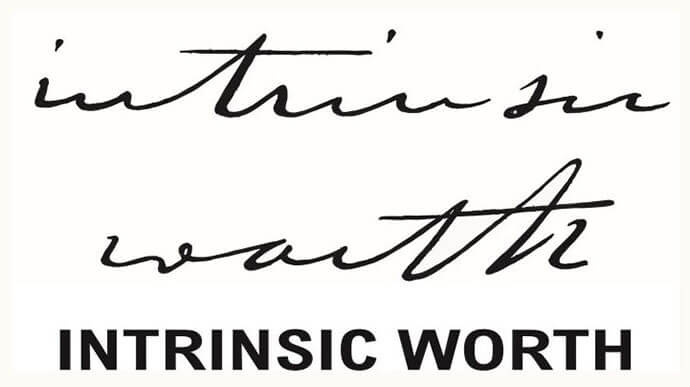Key points:
- The year 2025 has dawned as an ominous moment for human rights, writes the Rev. Christopher P. Momany.
- He says United Methodists’ baptismal call to resist injustice demands attention. “What does God call us to be for, that at the same time might require our resistance to systems and structures?”
- Momany emphasizes the intrinsic worth of people as a guide in the days ahead.

Photo by Kristen Schell.
Commentaries
Recently, it has become commonplace for socially conscious United Methodists to speak of resisting evil. The impetus is found among our baptismal liturgy, where participants in the sacrament are asked: “Do you accept the freedom and power God gives you to resist evil, injustice, and oppression in whatever forms they present themselves?”
The linkage between core Christian confession and the witness for justice has captured the imagination of many. This is good.
But the reference to this liturgical command can become an ill-defined cliché. What do we mean by resistance, injustice and oppression? What does God call us to be for, that at the same time might require our resistance to systems and structures?
The year 2025 has dawned as an ominous moment for human rights. Beyond understandable differences of political belief and policy conviction is a threat to human dignity that may be described, without hyperbole, as unprecedented. The peril faced by women, migrant people, people of color, gay and lesbian folk, transgender people and many more is real. Our baptismal call to resist injustice demands serious attention.
But resistance takes many forms. Which forms of resistance are grounded in authentic faith and the theological truths that claim us? It does not take much insight, discernment and discipline to react to perceived injustices. Many who excuse hate in our society today often think that they are simply addressing legitimate grievances. Disciples of Jesus must do better.
Martin Luther King Jr.’s 1963 “Letter from Birmingham Jail” addressed this question openly. While under arrest for breaking the civil law, King articulated his commitment to a higher, divine law. Such reasoning has a venerable history among Christian writers and witnesses. However, King took matters a step further. In clear and compelling prose, he articulated the difference between just and unjust civil laws.
King employed two criteria to make his case. First, he argued that unjust laws degrade human personality. Invoking philosopher Martin Buber, King pointed out that unjust laws turn “I-Thou” relationships into “I-It” relationships and relegate “persons to the status of things.” Second, King spoke of the way unjust laws treat some people differently than others. He called this “difference made legal.” In contrast, just laws protect human dignity and apply to all people equally.
I thought about King’s letter some years ago when I pored over a handwritten notebook of lecture outlines by 19th-century abolitionist Asa Mahan. This notebook, housed in the library at United Methodist-related Adrian College in Michigan, records the philosophical and theological ideas that inspired Mahan’s witness against slavery and for women’s rights.

When considering the ethical matter of “The Foundation of Moral Obligation,” Mahan emphasized two values. First, he underscored what he called the “intrinsic worth” of people. Second, he highlighted the legendary Categorical Imperative of German philosopher Immanuel Kant. This imperative argued that legitimate moral obligations must apply to all equally (known as the principle of “universalizability”). Mahan’s reflection, written about 100 years before King’s letter, articulated a profound respect for human personality and the equitable application of the law.
Subscribe to our
e-newsletter
As one of many who wrote our denomination’s new Social Principles, in my contribution, I emphasized the intrinsic worth of people. Sadly, that expression was edited out of the document’s final form. Certainly, we speak of “sacred worth” here and there, but “intrinsic” worth is something inalienable, philosophically inherent to people. We should tighten our thinking (and language) on this matter going forward.
The days ahead may indeed require us to resist, but let’s be intentional and clear about our reasons. The intrinsic worth of every person and equality under the law compel us to be for the kind of community, the kind of society, the kind of nation God expects of us.
Momany is an historian and writer serving as pastor of First United Methodist Church in Dowagiac, Michigan. His most recent books are: “Compelling Lives: Five Methodist Abolitionists and the Ideas That Inspired Them” (Cascade, 2023) and the collaborative “Awakening to Justice: Faithful Voices from the Abolitionist Past” (InterVarsity, 2024).
News media contact: Julie Dwyer (615) 742-5470 or [email protected]. To read more United Methodist news, subscribe to the free UM News Digests.



